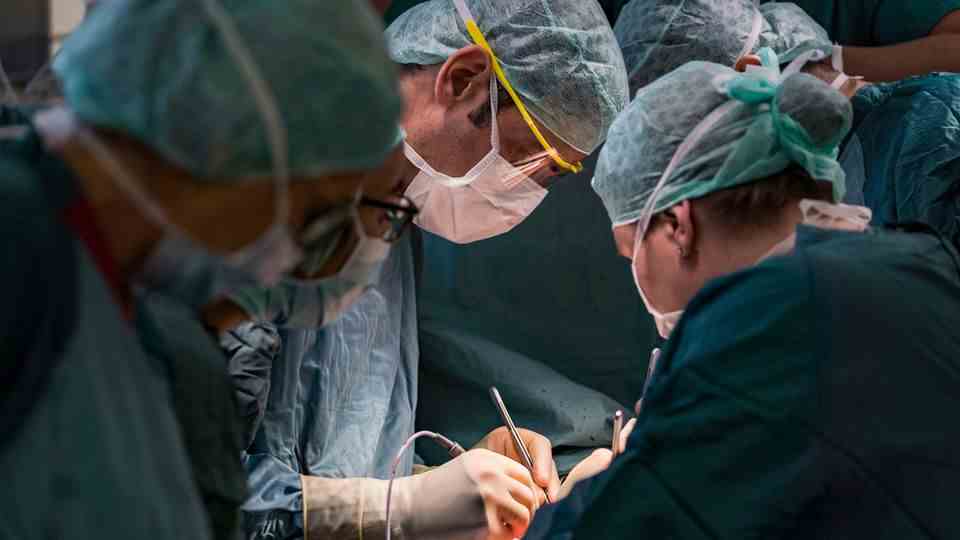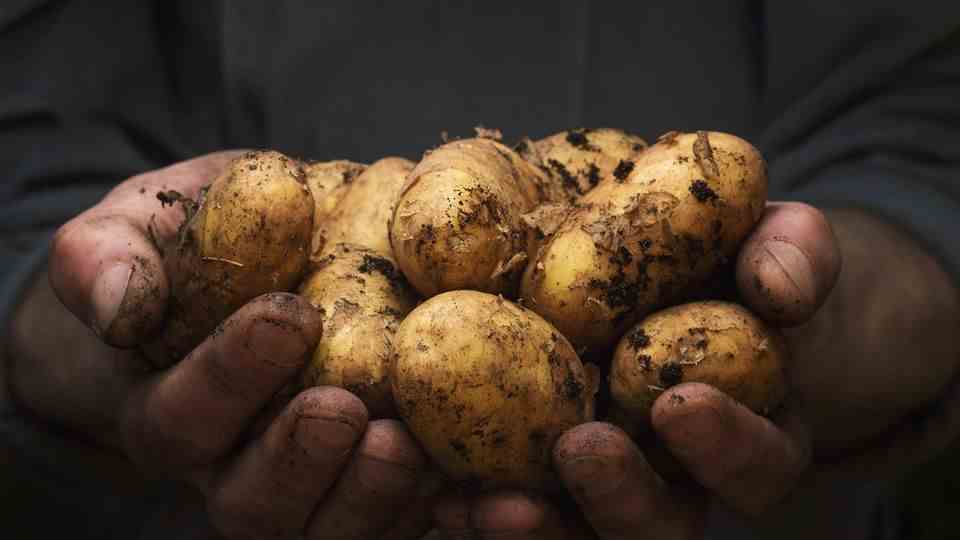immune system
First combined transplantation of heart and glandular tissue successful – doctors hope for a breakthrough
The doctors hope to be able to increase life expectancy after heart transplants with the new method (symbol image)
© Gaetan Bally / Picture Alliance
For the first time, doctors have inserted heart and thymus tissue into a patient, which strengthens the immune system. The results are promising.
Obtaining a donor organ is difficult enough for many heart patients, but once an organ has been found and the transplant performed, the next anxious question arises: will the body accept the new organ? After a transplant, patients must take immunosuppressive drugs for the rest of their lives to prevent rejection. As a result, however, the immune system is severely shut down, which in turn leads to a high susceptibility to infections. In addition, the drugs are often very harmful to the kidneys.
North Carolina researchers hope to find a way to make transplant patients less dependent on these drugs. At Duke University Hospital, they transplanted thymus tissue along with a new heart into a six-month-old baby named Easton.
This organ is an important part of the human immune system because it is where immune cells are shaped in such a way that they can distinguish endogenous antigens from bacteria or viruses, for example, from antigens that are foreign to the body. By using the donor’s thymus tissue in addition to the heart, the body should be able to accept the donor heart more easily.
The “holy grail” of transplantation
The little patient’s body is still producing enough immune cells more than five months after the operation, so that hopefully he won’t need any additional immunosuppressive drugs soon, the hospital said. According to Duke University Hospital, this was the first operation of its kind. “This has the potential to transform solid organ transplantation in the future,” said Joseph W. Turek, one of the surgeons involved in the operation. Turek spoke of the “holy grail” of transplantation.

The procedure has been researched for some time, and animal experiments have shown initial success. Now, for the first time, the double operation has also been performed on a human. Doctors hope that combined transplants will help patients live longer. So far, the life expectancy after a heart transplant is usually around ten to 15 years.
Operated baby is doing well
Little Easton was born with a heart defect and spent the first seven months of his life in the hospital. He had to have heart surgery several times. A new heart was implanted in the patient in August last year, and two weeks later he received the thymus implants. He is still doing well, the doctors hope that the immunosuppressive drugs can soon be discontinued.
Then another milestone would have been reached. Of course, Easton’s mother is particularly happy about the medical advances, not only for her son, but also for many other patients: “It was one of those things that could help him – and if it works, thousands of other people with their children too who need transplants.”
Source: Duke University Hospital


